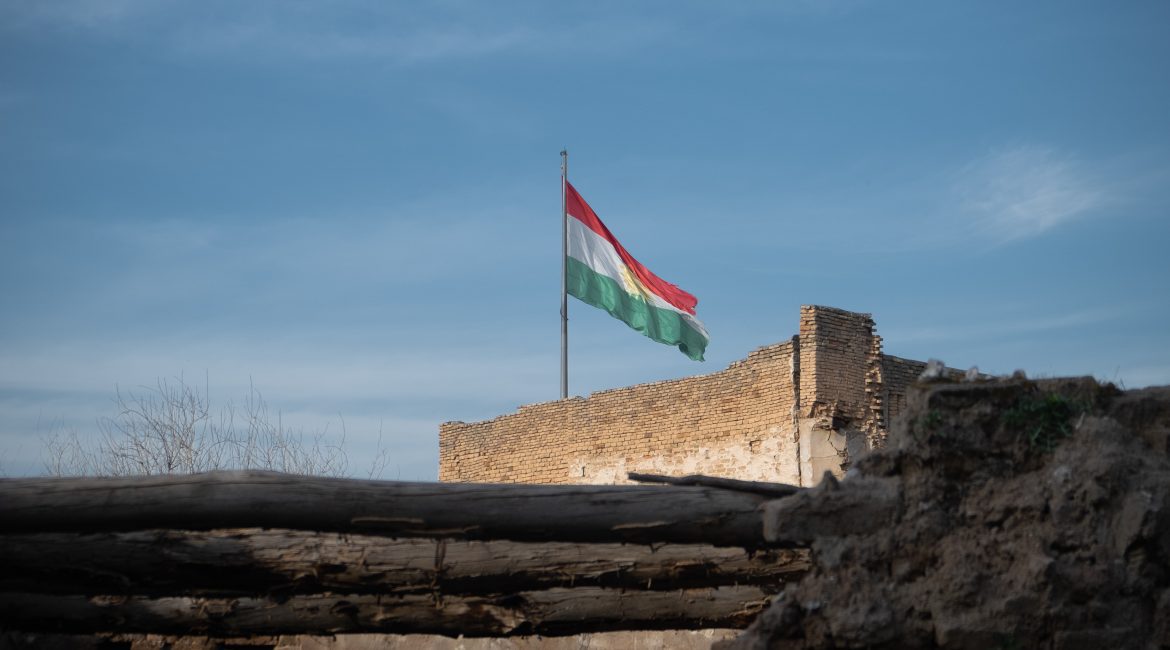In recent weeks, an Arab official asked Russian Foreign Minister Sergey Lavrov about the secret of the unique cooperation between President Vladimir Putin and his Turkish counterpart Recep Tayyip Erdogan. Lavrov replied that there is a “special personal relationship between them. President Putin believes that Erdogan is doing what he promises, despite the difficulty and competition between them and the history of hostility between the two countries. Turkey has military influence in various arenas, from Libya to Nagorno-Karabakh to Ukraine, and finally to Syria, and Putin believes that formulas for cooperation with Erdogan can be found.”
The latest Syrian example of this "hostile cooperation" relates to Erdogan's intentions to launch a military operation in northern Syria against the Kurdish People's Protection Units, the pillar of the Syrian Democratic Forces, an American ally. Despite repeated threats from Erdogan and the military preparations of his army and Syrian factions loyal to Ankara, the massive attacks did not start, because Moscow did not give the green light for this.
The new recipe that Putin told Erdogan when they met on the sidelines of the tripartite summit (with the Iranian president) in Tehran, or the bilateral one in Sochi, was different this time, and includes:
1. allowing the expansion of drone strikes against leaders of the Kurdistan Workers' Party (PKK) or the YPG, which Ankara says are linked to the "Kurdistan" rather than a military incursion.
2. Moscow hosted a series of high-level security meetings between Syrian and Turkish officials, to search for the possibility of meeting Turkish demands without ground incursions and settlements in Syrian territory. This actually happened in the last days in the Russian capital.
3. placing the 1998 Adana Agreement between Ankara and Damascus on the negotiating table, and the possibility of searching for the signing of the “Adana-2” agreement that reflects the new Syrian reality and allows for Syrian-Turkish security coordination to ensure border security, combat terrorism, and future political cooperation.
4. pushing Damascus and the “Syrian Democratic Forces” (SDF) to cooperate by conducting military coordination and joint maneuvers, and extending the spread of the Syrian army in the areas of influence east of the Euphrates, until Damascus has the upper hand over the SDF, pending the maturation of the conditions for the American withdrawal from northern Syria.
5. the possibility of Russia allowing a limited Turkish military operation in Tal Rifaat, in the countryside of Aleppo, to neutralize the missile platforms that pose a threat and a source of attacks on the Turkish army and its loyal factions in Afrin. The date of this process is linked to Turkish dates related to the elections, and understandings between Moscow and Ankara regarding other files, including the Ukrainian “grain deal.”
In fact, the "veto" against the vast Turkish ground operation did not come only from Moscow, but he came rather from Tehran and Washington, and each capital has its reasons. For Tehran, it is about its relationship with Damascus, as for the American and Western side, the source of the "veto" is the concern that the operation will lead to a decline in the SDF's involvement in the war against ISIS. Indeed, Ankara has heard Washington's warnings, which included threatening sanctions that Erdogan does not want, with the elections approaching the middle of next year.
But this "veto" did not provide an American umbrella against a possible Turkish aggression. Washington's inaction in the "red" decision against Ankara reminded the Kurds of previous "American betrayals" in the Middle East. Some of them were in Syria when the sudden withdrawal from areas east of the Euphrates at the end of 2019. At that time, the Kurds rushed to cooperate with Damascus under a Russian umbrella. Moscow's temptations also reminded the Kurds of "Russian betrayals" in 2016 with Operation Euphrates Shield, and in 2018 with Operation Olive Branch. Will the US and Russian "betrayals" pave the way for a Kurd understanding with Damascus?

